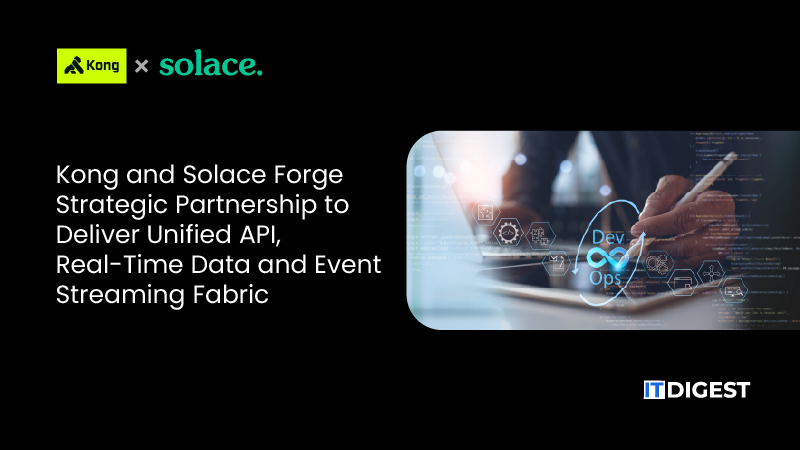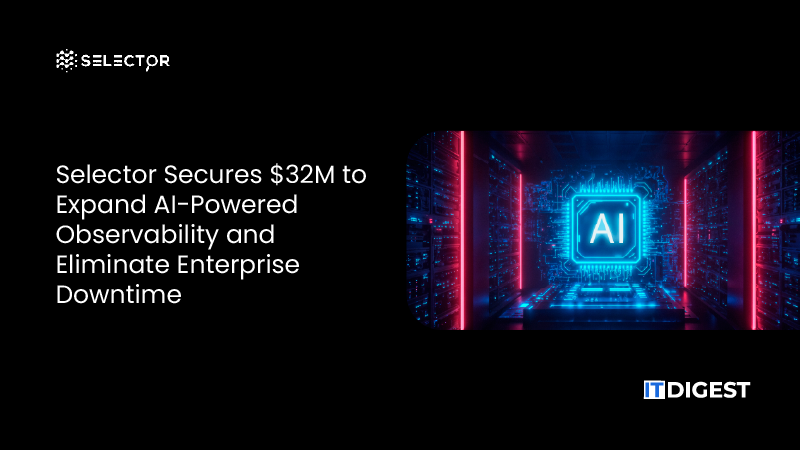New AI agents embedded in Oracle Fusion Cloud Applications help finance professionals increase productivity, reduce costs, and improve controls
Oracle announced new AI agents within Oracle Fusion Cloud Applications planned to help finance leaders transform core finance functions. Built using Oracle AI Agent Studio for Fusion Applications, the new AI agents are embedded within finance processes to help finance leaders drive productivity gains and enhance business performance by automating end-to-end workflows and delivering predictive insights.
“Oracle is ushering in a new era of agent-driven finance, where AI assistants turn fragmented, complex, staff-heavy processes into proactive, continuous operations that free teams to focus on judgment and strategic outcomes,” said Rondy Ng, executive vice president of Applications Development, Oracle. “With the newest generation of agents embedded in Oracle Fusion Applications, finance leaders gain a step change in operational efficiency and real-time business insights to help drive faster decisions and close cycles, stronger compliance and auditability, and healthier working capital.”
Also Read: Resistant AI Secures $25M Series B to Boost AI Fraud Defense
Running on Oracle Cloud Infrastructure, Oracle AI agents are prebuilt with advanced security and natively integrated within Oracle Fusion Applications at no additional cost. Embedded within the existing workflows of a business, they help users operate faster and make better decisions. The new AI agents in Oracle Fusion Cloud Enterprise Resource Planning (ERP) and Oracle Fusion Cloud Enterprise Performance Management (EPM), part of Oracle Fusion Applications, include:
- Payables Agent: Helps accounts payable (AP) teams automate multi‑channel invoice processing. The agent can ingest invoices from email, portals, EDI/e‑invoicing, and PDFs; extract and normalize data; match to POs and receipts; create distributions and accounting; apply tax, policy, and fraud checks; and route for approval and payment. This boosts straight‑through processing, reduces manual effort and errors, and helps strengthen compliance.
- Ledger Agent: Helps accountants shift from report chasing to continuous insight and action. The agent can set natural‑language monitoring prompts, deliver context‑aware inquiry and explanations with supporting details, and auto‑create adjustment journals. This accelerates issue resolution, reduces handoffs, improves accuracy, and enables continuous financial visibility.
- Planning Agent: Helps financial planning and analysis (FP&A) teams move to continuous, connected planning. The agent can provide real‑time trend and variance analysis via natural‑language interactions, run event‑driven predictions on Fusion financial/operational data, and guide what‑if simulations. This shortens cycles, improves forecast accuracy, and enables better cross‑functional decisions.
- Payments Agent: Helps finance teams optimize cash outflows and expand payment choices. The agent can evaluate and manage early pay, virtual cards, and financing options; enable bank system interactions for faster supplier onboarding and execution; and monitor acknowledgements/exceptions. This speeds payment outcomes, increases program adoption, and boosts working capital.
Source: Oracle


































